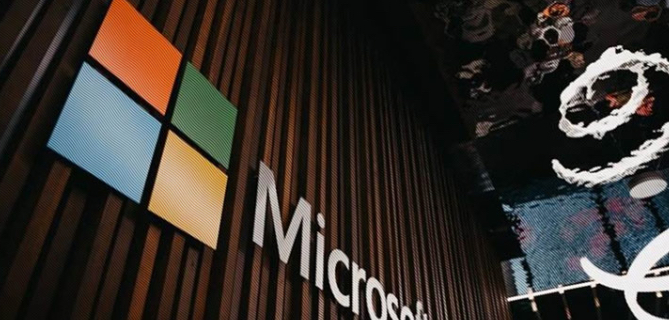Microsoft has warned crypto users that a new remote access trojan (RAT) is targeting crypto wallets stored in a Google Chrome extension. The malware, known as StilachiRAT, is able to steal any users information that is stored on the browser, raising significant concerns about the overall security of digital assets, which themselves are meant to be much more secure than alternative forms of currency.
On March 17, Microsoft’s Response Team revealed that they had known about the malware since November 2024, and, after gathering information, have made the decision to make the discovery public. The primary concern here is the nature of the information the malware may be able to exploit. Through monitoring keyboard activity, it could extract passkeys to various wallets, leading to the theft of crypto funds.
The news has drawn attention to the wider security issues currently facing the crypto world. Microsoft suggests that crypto users should take extra precautions, such as downloading anti-virus software and anti-malware components onto their devices, to ensure the continued security of their digital assets. It is also recommended that those in possession of digital assets make use of one of the best crypto wallets to store their private keys and keep their currency as safe as possible against these threats.
The malware can search an individual’s device settings to see whether they use one of the twenty different crypto wallets affected. These wallets include the well-known Coinbase Wallet as well as TronLink and Bitget Wallet. Upon detecting one of these wallets, the malware is able to extract credentials stored in Google Chrome browser, including log in details.
Furthermore, the malware has sophisticated detection evasion and anti-forensic technology. It has been witnessed clearing event logs as well as checking to see if it is running in a sandbox in order to block analysis attempts.
As such, Microsoft has not yet been able to discover who is responsible for the malware, nor where the threat is located, but, like many in the field, their fight against all corrupt crypto users continues.
Although Microsoft has revealed that the malware does not appear to have substantial reach, they have still shared the information in hopes that people will be able to avoid falling into its trap.
With the constant evolution of technology, the tools that hackers and scammers have at their disposal are ever-increasing. Only last month almost $1.53 billion worth of digital assets were stolen. The majority of that came from an unprecedented hack of £1.4 billion from a Dubai-based crypto exchange platform known as Bybit.
However, although the rising value of cryptocurrencies like Bitcoin, and the general move to wider global crypto acceptance, does lead to the emergence of more and more digital threats, there is a small silver lining. As intelligent hackers rise us, so to do the minds dedicated to not only preventing these hacks but making the world of cryptocurrency a safer place for everyone.
Threats like these only push the much-needed regulations closer to fruition both in the UK and beyond which will make digital assets not only more secure but also help insure their owners against this kind of threat.

